In an interview with the Russian news agency TASS, Evgeny Stanislavov, Russian ambassador to Hungary talked about relations between the two countries and answered the question why Viktor Orban met with Vladimir Putin in Beijing.
I would like to draw attention to what Vladimir Vladimirovich Putin said: Viktor Orban is not a pro-Russian, but a pro-Hungarian politician who has the courage to protect the interests of his people,
the ambassador highlighted.
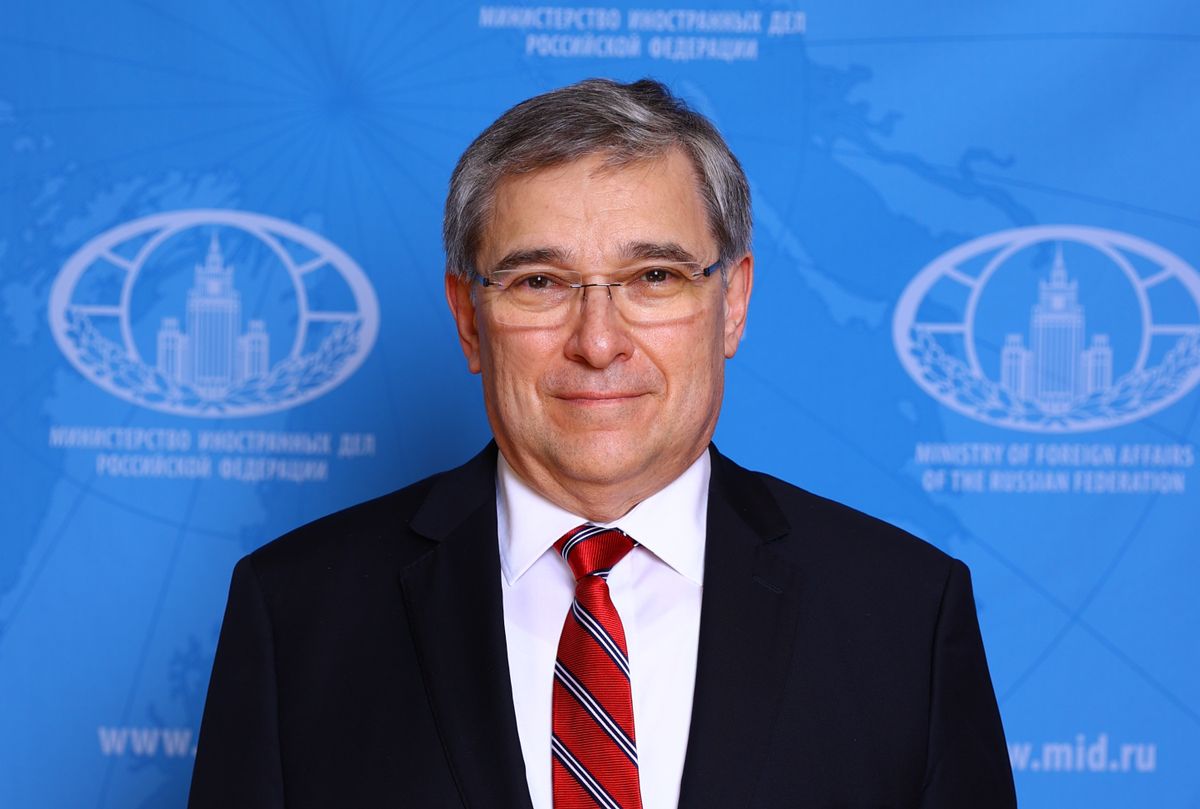
There is nothing unusual about the leaders of two countries meeting on the sidelines of a summit and having face-to-face talks, Stanislavov pointed out. Moreover, there is nothing unusual about the meeting in question, as the leaders of our countries have met almost every year for long years since 2013, the ambassador noted. In his view, this is why
after the talks, Vladimir Putin emphasized that "Hungary is one of the few European countries with which Russia maintains and develops bilateral relations", noting that "in recent decades, relations have been built solely on the basis of taking into account each country's interests, drawing on everything positive we have inherited from the past".
Putin particularly appreciated that Hungary is a partner ready to discuss not only bilateral relations, but also European and global issues although the two countries' positions do not always coincide, Evgeny Stanislavov said. During their exchange, they touched on the conflict in Ukraine in particular. Following the talks, Russia's leader revealed details in this regard, stressing that the Ukrainian president revoking the decree that prohibits negotiations with Russia would be the first step toward discussing the prospects for some kind of peaceful settlement.
While trade between the two countries increased by more than 80 percent last year, it decreased by 35 percent in the first seven months of this year, the TASS correspondent pointed out.
Due to the restrictive unilateral measures of the European Union against our country, the portfolio of promising bilateral projects naturally lost many developments, which means that the growth potential of bilateral trade has decreased, but remained in tact,
the ambassador pointed out.
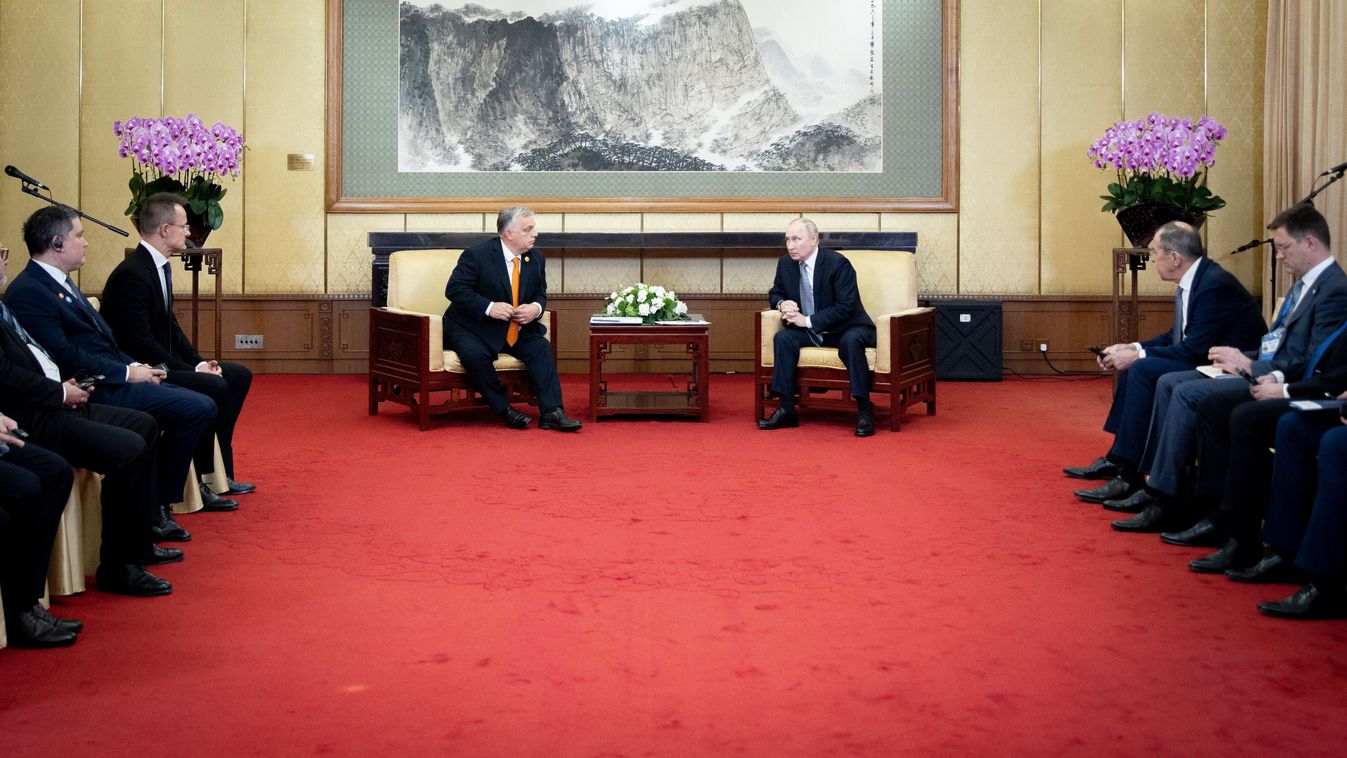
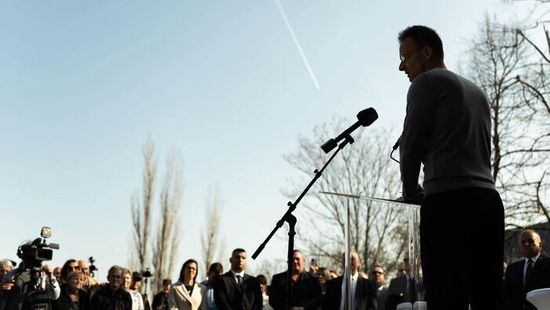
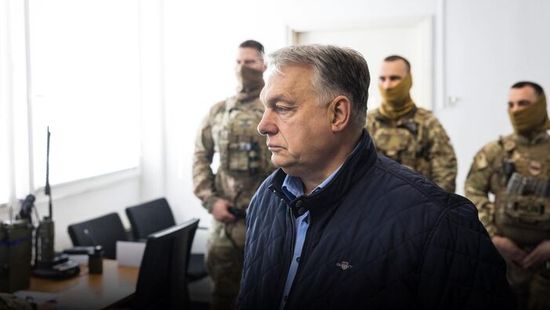
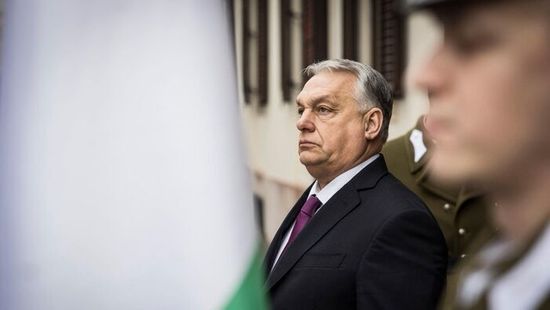
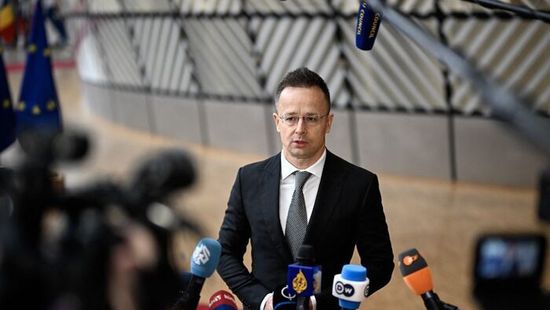

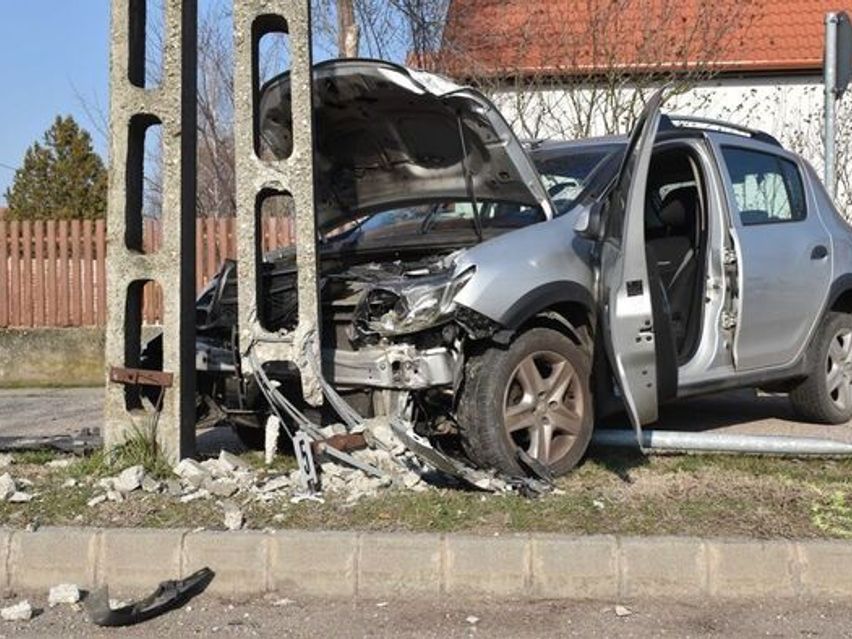

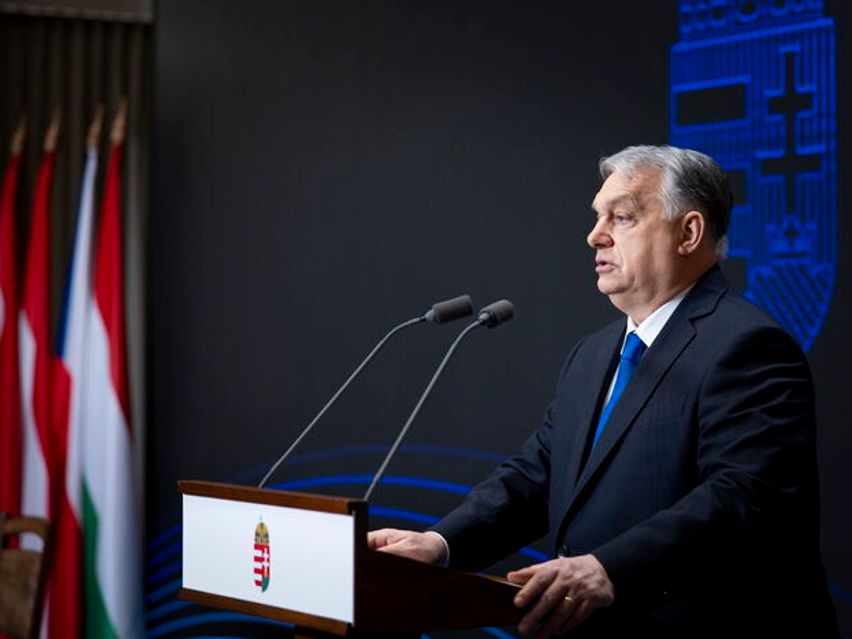
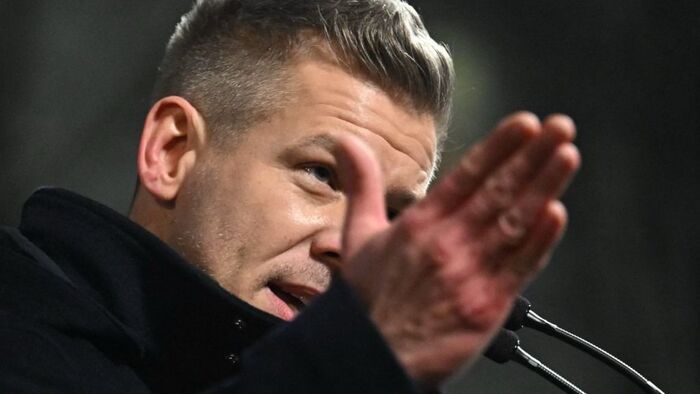


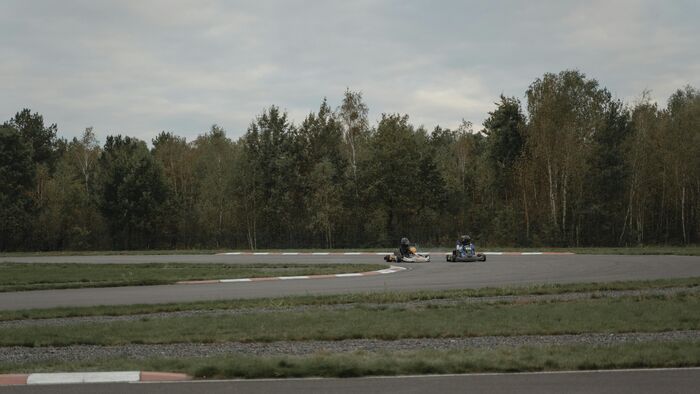


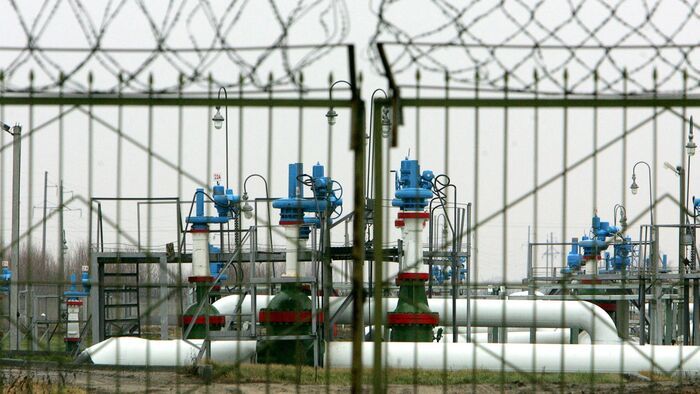
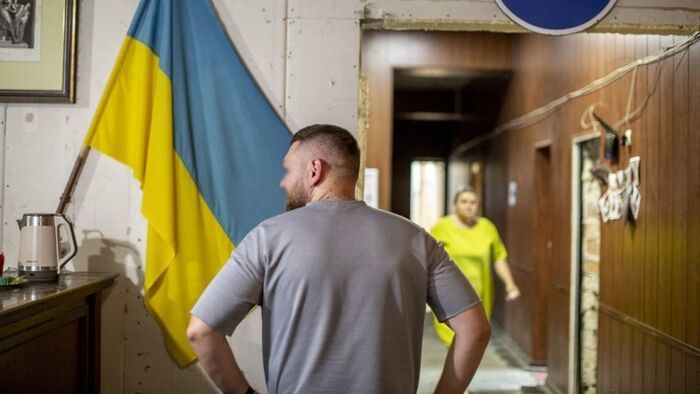
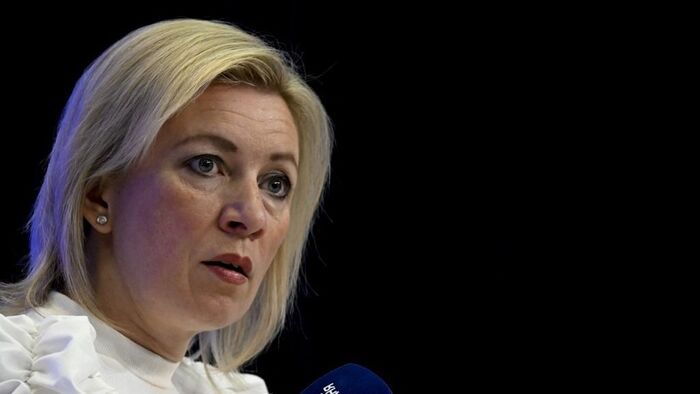


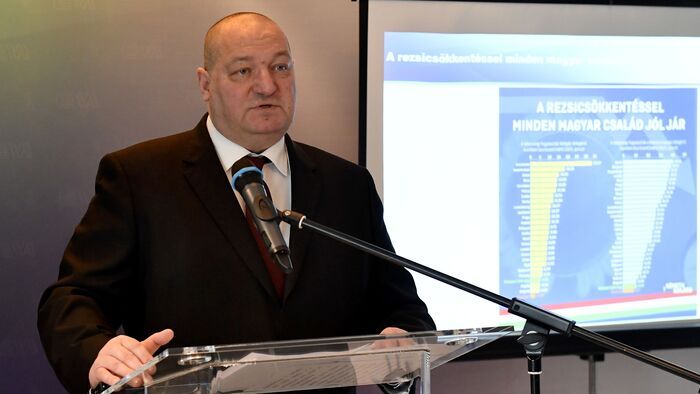


Szóljon hozzá!
Jelenleg csak a hozzászólások egy kis részét látja. Hozzászóláshoz és a további kommentek megtekintéséhez lépjen be, vagy regisztráljon!